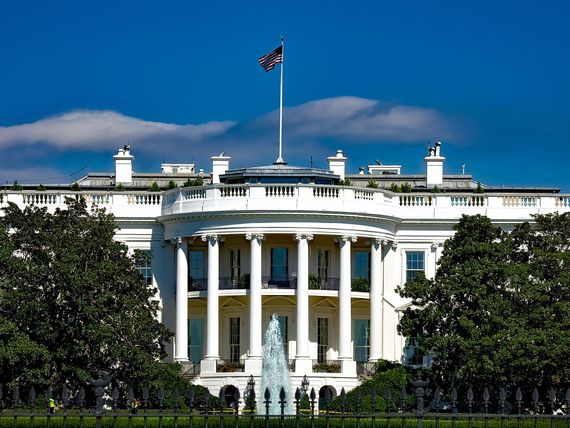Trendwatch: U-turn on de minimis ban, following 'processing issues', as trade war heats up; EU says it would react to U.S. steel tariffs, awaits details; Chinese ports see record traffic ahead of U.S. tariffs, Lunar New Year

U-turn on de minimis ban, following 'processing issues', as trade war heats up
White House-triggered whiplash has hit again with the news that a small but powerful sentence has been added to the de minimis executive order, pausing the ban.
It now says that the ban on de minimis parcels from China will only come into effect “upon notification by the secretary of commerce to the president that adequate systems are in place to fully and expediently process and collect tariff revenue…”.
EU says it would react to U.S. steel tariffs, awaits details
Donald Trump’s fast-moving tariff tiffs with key trading partners continue to keep shipping The European Commission said on Monday it would react to protect EU interests after U.S. President Donald Trump's announcement of impending metals tariffs, but will not respond until it has clarification of the measures.
Trump said on Sunday that he would introduce new 25% tariffs on all steel and aluminium imports into the United States, in another major escalation of his trade policy overhaul.
Chinese ports see record traffic ahead of U.S. tariffs, Lunar New Year
China’s busiest port processed a record amount of goods in January, as companies rushed to get their products onto ships before U.S. tariffs kicked in and ahead of a long local holiday.
Shanghai’s port processed a record 5 million containers in January, according to data released on February 10, well above any previous month according to data going back to 2007. Last year, the port was the first globally to process over 50 million containers in one year, as rising global demand, falling Chinese prices, and the threat of tariffs combined to push the value of exports to a record.
Suez authority eyes swift return to canal, but it's 'safety first' for carriers
Container lines will not restart Suez Canal crossings until May at the earliest, believes Yang Ming chairman Tsai Feng-ming.
At the National Association of Chinese Shipowners’ Chinese New Year celebration on Friday, Dr Tsai said that while Israel and Hamas had reached a ceasefire on 19 January, shipping companies were still monitoring the situation to see if it would hold.
More than a Canal: Promoting sustainability and community development
As part of its mission as an economic engine and a pillar of sustainability, the Panama Canal remains committed to the socioeconomic and environmental development of the communities within the Panama Canal watershed. Our comprehensive socio-environmental management strategy seeks to ensure the well-being of residents and the sustainability of the water resources that are essential to both the nation and global commerce.
The water stored in the lakes around the Panama Canal is a vital resource, providing more than 50% of Panama’s population with rural aqueducts, fuel for productive activities, and helping sustain the global supply chain. This highlights the critical need for conservation to ensure that development is achieved in a long-term, sustainable manner.
Most countries miss UN deadline for new climate targets
Many of the world's biggest polluter nations have missed a U.N. deadline to set new climate targets as efforts to curb global warming come under pressure following U.S. President Donald Trump's election.
The nearly 200 countries signed up to the Paris Agreement faced a Monday deadline to submit new national climate plans to the U.N., setting out how they plan to cut emissions by 2035.
HMM nearly quadruples net profit in 2024
HMM reported a net profit of KRW3.78 trillion ($2.60 billion) for 2024 up 290% compared to KRW970 billion in 2023. Revenues were up 39% year-on-year at KRW11.7 trillion in 2024.
The South Korean company reported an operating margin of 30% which it said showed its competitiveness in the global shipping market.
UK needs closer EU ‘alignment’ to rebuild food supply chains
Research has called into question the UK’s ability to feed itself in the event of “shocks” which become increasingly likely as the effects of climate change set in, amid petitions for the government to have a “stockpiling” plan in place.
The report, Just in Case: narrowing the UK civil food resilience gap, features interviews with 70 experts from the food industry, government and academia, highlighting that the UK food supply is dependent on imports and is likely to be brittle in the face of future crises. Vectors for future food shortages include poor water quality, biodiversity loss and the risk of disease, which has increased since the UK lost access to EU monitoring systems.


